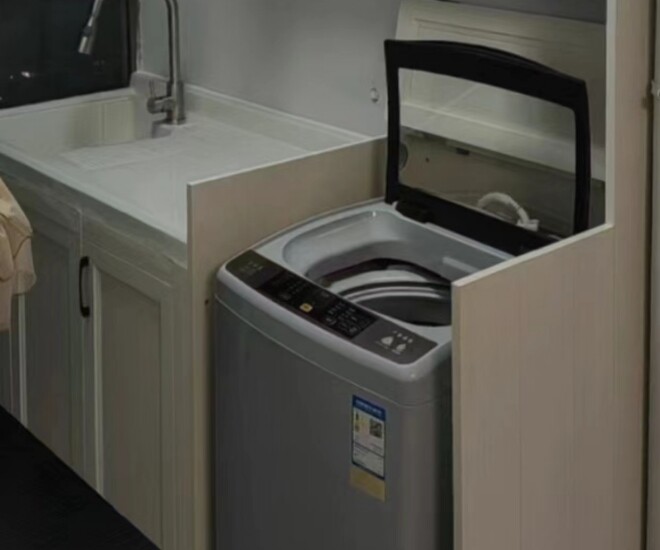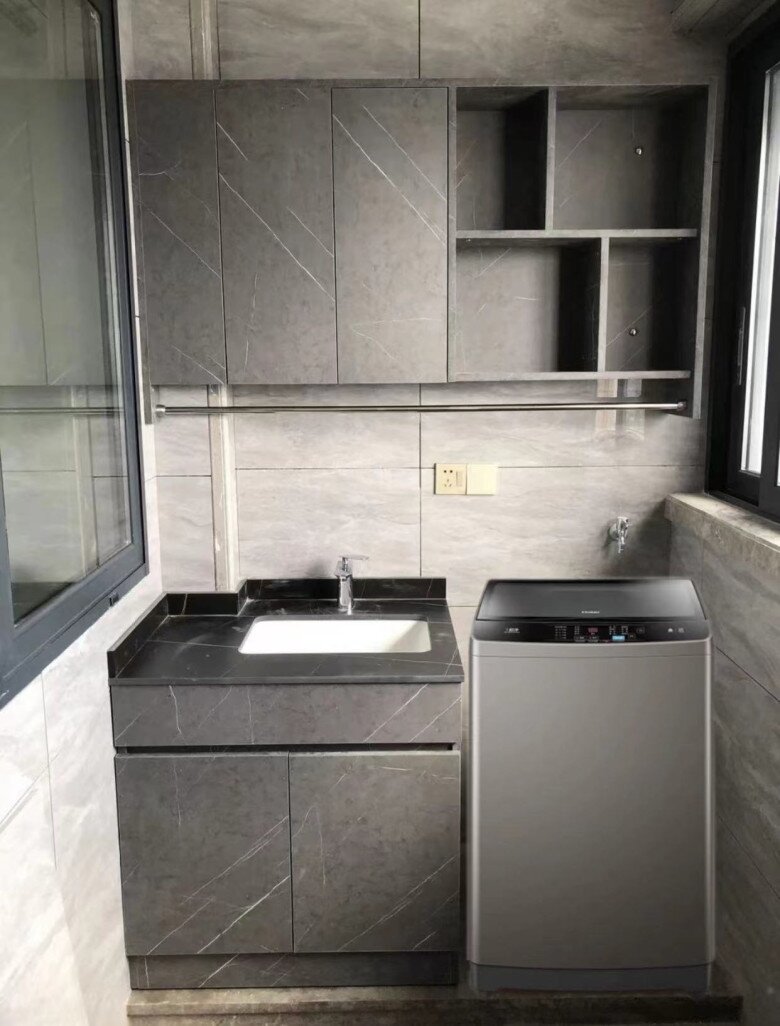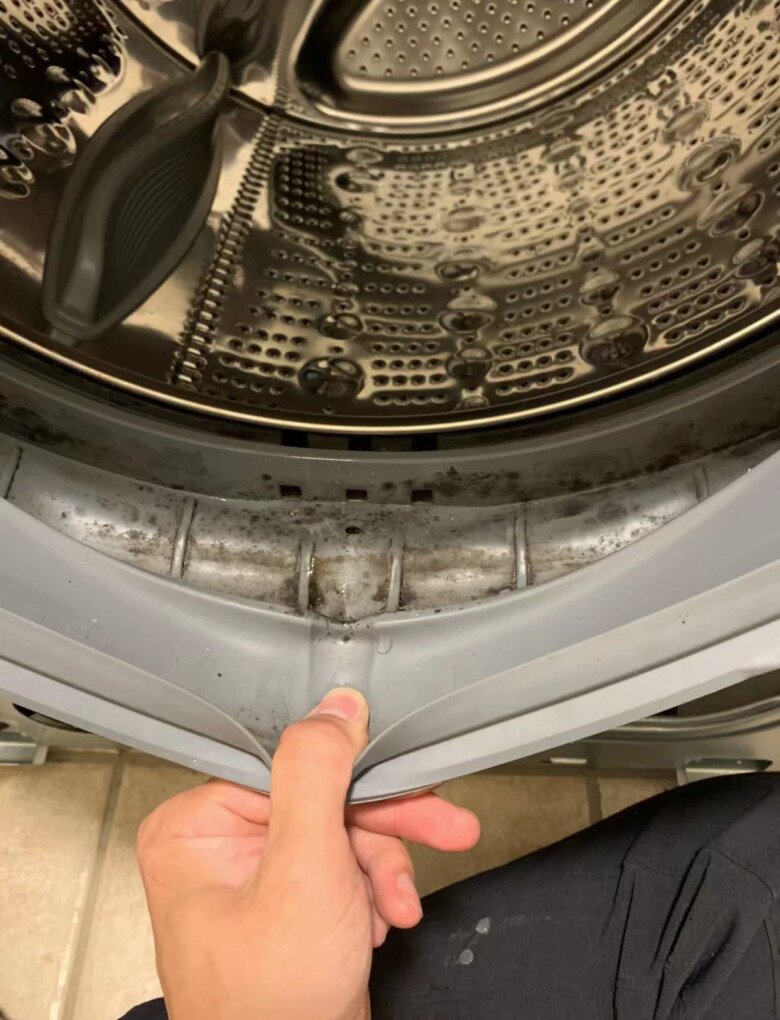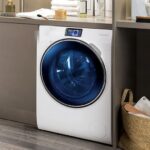Why Do Some People Hate Top-Loading Washing Machines?
Inefficient Cleaning Performance
Top-loading washing machines are believed to deliver inferior cleaning results compared to their front-loading counterparts. This is due to the top loader’s operating mechanism, which resembles the ancient method of pounding clothes with a mortar and pestle.
In contrast, front-loading machines feature a horizontal drum that tumbles and agitates clothes in a mixture of detergent. This action creates friction between the surfaces of the clothes and the drum, similar to the effect of hand scrubbing. However, the centrifugal force generated by the spinning drum results in a more powerful and consistent agitation, leading to better cleaning outcomes.

Limited Washing Functions
Top-loading washing machines typically offer fewer washing functions. Usually, they only provide basic programs such as normal, quick, delicate, and wool cycles. On the other hand, front-loading machines boast dozens of specialized programs, including options for washing down-filled garments, stubborn stains, and more.
The variety of washing functions in front loaders better caters to the diverse needs of users. Moreover, top loaders lack a drying function, which is a deal-breaker for many, despite the fact that washer-dryer combos are generally less effective at drying.
Challsection– Difficult to Install in Built-in Cabinets
The top-located lid of top-loading machines makes it challenging and impractical to integrate them into built-in cabinets. In contrast, front-loading machines with side-located lids are much easier to accommodate in such settings.
Many people opt to install front-loading machines in cabinets, resulting in improved aesthetics and more efficient storage solutions.

High Water Consumption
Top-loading washing machines consume more water compared to front-loading ones. This is inherent in their design, as the vertical drum requires water to completely submerge the clothes for optimal cleaning. Conversely, horizontal drums in front loaders can effectively wash even with reduced water levels.
Clothes Prone to Tangling
The operating principle of front-loading washing machines relies on a pulsator at the bottom, which creates an agitating swirling motion. However, this can lead to clothes tangling and twisting, making the laundry process more cumbersome.

In summary, these shortcomings are the primary reasons why many consumers choose to overlook top-loading washing machines.
Why Do People Still Love Top-Loading Washing Machines?
Despite their drawbacks, top-loading washing machines possess distinct advantages that have cemented their position as an industry stalwart. Specifically, top loaders offer the following benefits:
Senior-Friendly Design with Top-Located Lid
The top-located lid of top-loading machines is a significant advantage for the elderly. Front-loading machines have low-positioned doors, requiring users to bend down to load or unload laundry. This design is not senior-friendly.
In contrast, the top-loading design eliminates the need for bending or even squatting, making it a preferred choice for many older individuals.

Attractive Pricing
Top-loading washing machines are competitively priced. With their affordable cost, they not only meet basic laundry needs but are also ideal for students, renters, and families on a tight budget.
Low Breakdown Rate and Durability
As a frequently used appliance, the breakdown rate and repair frequency can significantly impact the user experience. Top loaders have an exceptionally low breakdown rate due to their simple construction.
Easy to Maintain and Clean
While many front-loading and top-loading machines come with self-cleaning functions, daily maintenance and cleaning are still necessary. However, front loaders tend to accumulate more dirt and grime.

Front loaders have a rubber gasket that seals the door to prevent water leakage and reduce vibration. However, this gasket is prone to collecting dirt and grime over time, especially if left unattended. Combined with moisture, this can lead to discoloration, mold, and even bacterial growth.
In contrast, top loaders are easier to clean and maintain, which is why many people opt for them after trying out front-loading machines.
Regarding the issue of clothes tangling during washing, some high-end top loaders now feature an anti-tangle function. Nonetheless, they remain affordable.



































